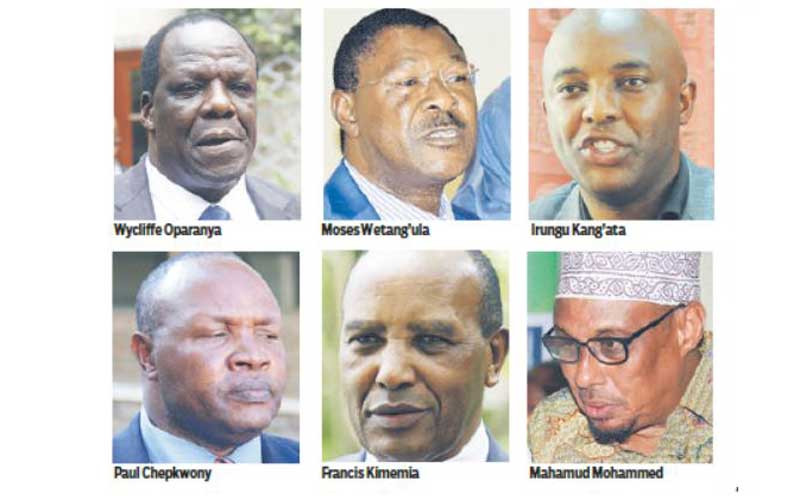×
The Standard e-Paper
Stay Informed, Even Offline

The push to influence resource allocation, boundary review and 2022 political strategy are fuelling the campaign by politicians to rally people to go back to their areas of birth for census.